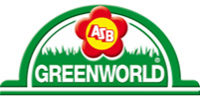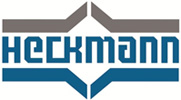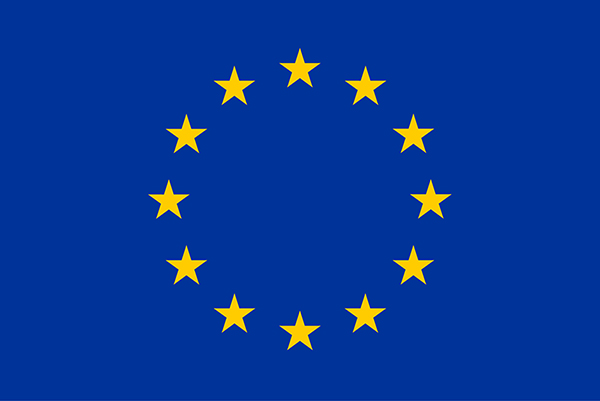BIOECOSIM
BIOECOSIM
An innovative bio-economy solution to valorise livestock manure into a range of stabilised soil improving materials for environmental sustainability and economic benefit for the European agriculture
ABSTRACT
Around 1800 million tonnes of manure are produced in Europe every year. Land application of animal manure, digestate from biogas plants and other agricultural residues supply agricultural soil with valuable organic matter and essential nutrients that help to meet crop nutrient requirements and maintain soil fertility. However, in regions with intensive livestock production, land application is not always possible because of the already high nutrient content of the soil. Thus, in regions with intensive livestock production, this digestate and surplus manure must be either transported to other areas with nutrient demand or stored for long periods.
Moreover, due to the dramatically increasing interest in the production of biobased products and bioenergy, soil degradation is becoming a serious problem in Europe. In recent years, several areas of forests and grasslands have been converted into agricultural land. This results in loss of soil fertility, carbon and biodiversity, lower water-retention capacity, and disruption of nutrient cycles. At the moment, the decline of soil fertility is only masked by the overuse of synthetic fertilizers – without the replacement of organic matter.
Pig manure has a high water content of 90 percent; further components are valuable plant nutrients, mainly nitrogen and phosphorus, and indigestible feed solids such as plant fibers. In the BioEcoSIM project, different processes to convert the constituents of livestock manure into high-value fertilisers were developed and integrated as separate modules within a single pilot plant. This makes it possible to treat the manure directly at its place of origin.
Every hour the BioEcoSim pilot plant processes for demonstration purposes 50 kilograms of pig manure to about 500 grams of mineral phosphate fertiliser (a mixture of calcium phosphate, magnesium ammonium phosphate and magnesium phosphate), 500 grams of mineral nitrogen fertiliser (pure ammonium sulfate), as well as 900 grams of organic biochar.
Project Budget: 5’218’256 €
LEITAT Budget: 420’464 €
Financial Framework: FP7
Contract number: 308637
Start Date: 01/10/2012
End Date: 31/12/2016
Partners:














Contact Manager: L. Valentin


